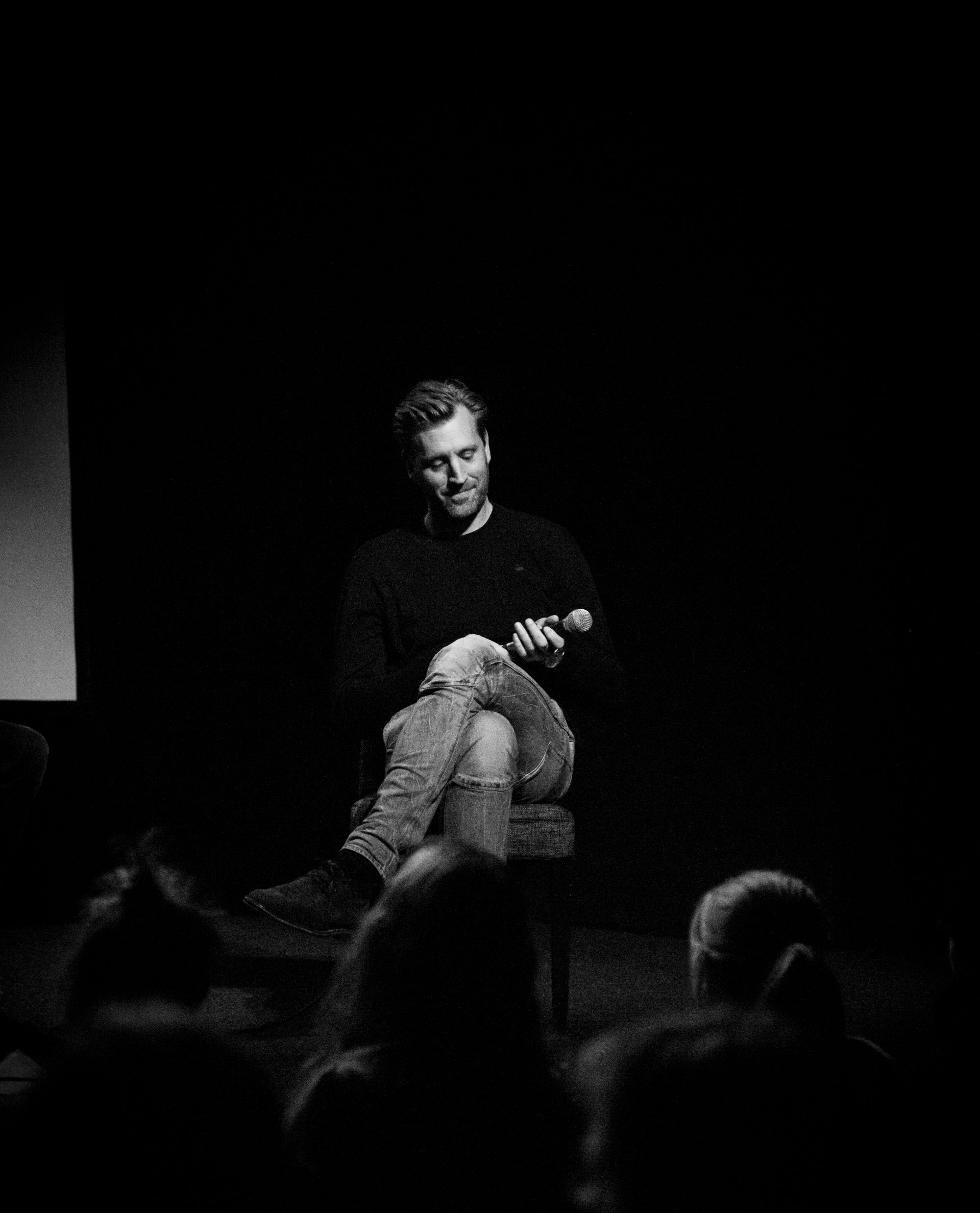I have just completed an article on the recent events in Libya, Iran and Egypt. In this article I connect the struggle for democracy with media activism and try to intersect the work of Thoreau (civil disobediance) with contemporary examples of citizens’ use of media technology. A short extract:
An important dimension of these events is the attempt of those in power to control technology and limit the flow of information, thus to try and minimize the risks of a diversified historiography. In a society where media technology often seems to be regarded as evil or good in itself, the nuances of the relationship between individuals and societal structure need to be taken seriously. It is obviously far too simple to explain for example the Egyptian people’s mobilization and the overthrow of president Mubarak as a result of frequent use of Twitter. But it is certainly a central aspect of the debate on social media as a platform to claim alternative external lighting on democracy and political activism.
The fact that governments have long tried to control the national self-image based on different objectives is nothing new. Nor is it a daring assumption to say that the conditions for this control have changed radically in line with that media technological development has accelerated.
The difficulty to control these self-images and the external interpretation of them has recently been highlighted in several high-profile political upheavals in which media forms and channels have played a crucial role. And it’s specifically the media as a platform, in the sense that people can interact, mobilize and inform on the basis of subjective positions while reaching out globally, that is emerging as a clear reference point in the discussion of a more vibrant democracy. The expansion of media platforms not only allows for faster transmission of information but it also has greater social and political significance and impact.
This is clearly connected to the media’s visual expressions in which symbolic messages are constructed in accordance with the sender’s objectives. Social movements for instance, work extensively with new media and constantly tries to create a simulated experience that portrays themes of the movement itself. This contributes to a transformation of political discourses, while social and cultural contexts are built on new meanings and interpretations.
These political discourses and governmental powers, in any form or personal character they may have been revealed in, are currently discussed in the context of information management, disclosure and shifting power balances. The specific conduct that triggered the discussions during the last year bottomed out in the forms of civil disobedience, the conscious resistance to the states, policy makers and statutory regulations. Everything from the organization Wikileaks to individual citizens’ use of social media have been focused upon as applicable examples. Amidst all this, there is reason to reflect on how we can understand media activism as tool for embracing democracy and supply citizens with knowledge and capability to navigate and act in a mediatized world.
